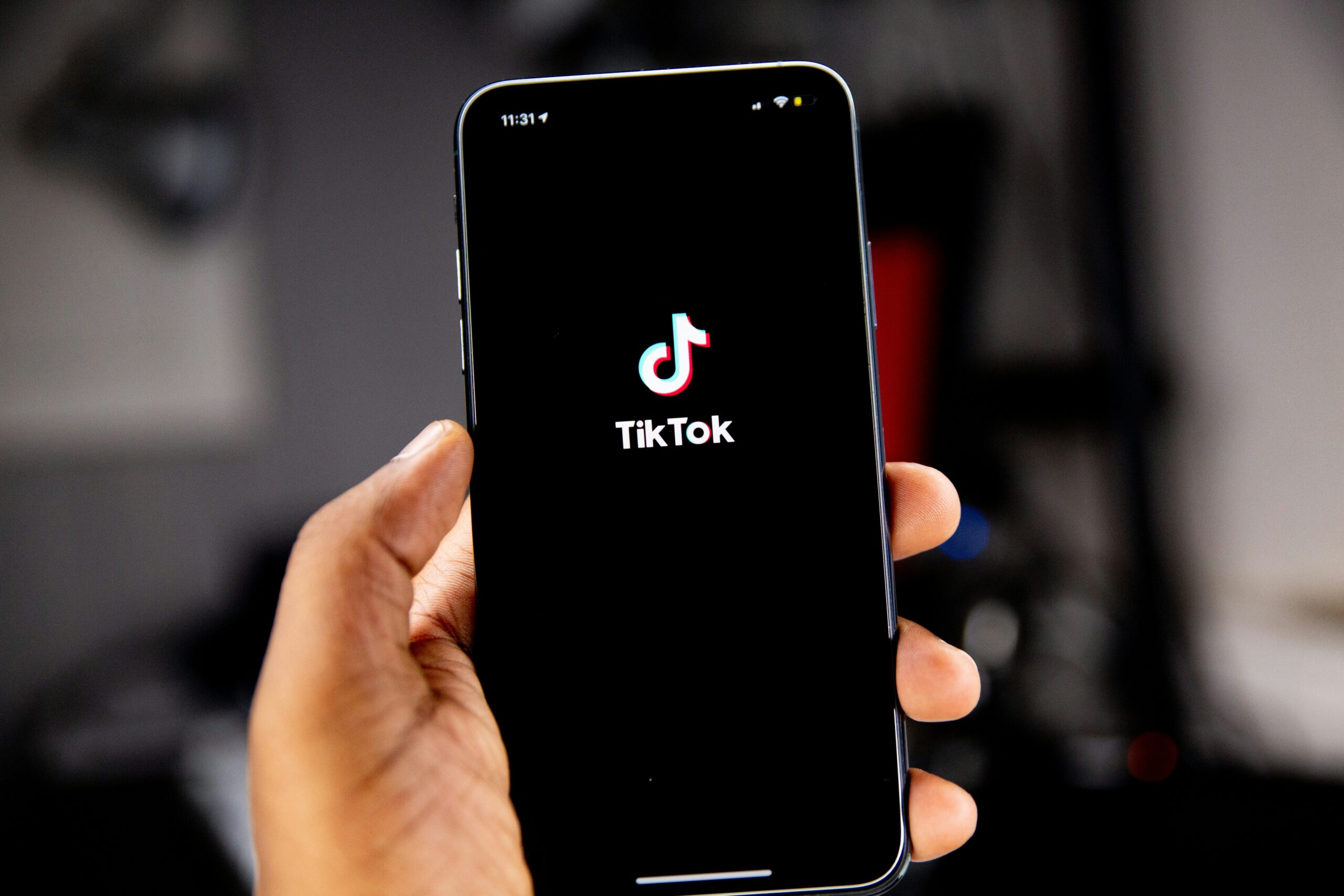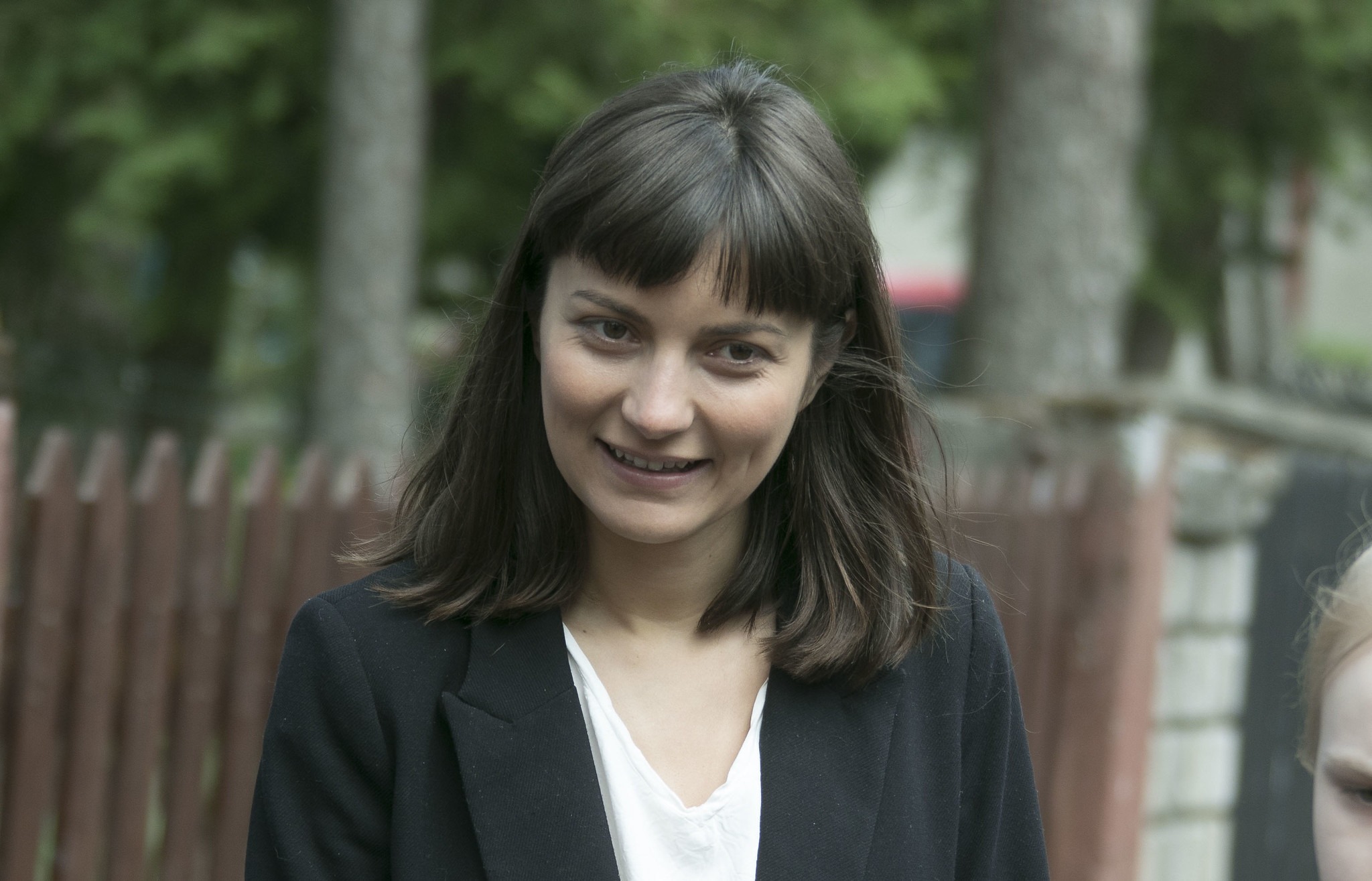
Key insights:
A media analysis showed that the most prominent topics discussed in pro-Kremlin online groups and local media in January 2025 were the following:
- Protection of submarine cables in the Baltic Sea and NATO’s increased presence
- Tax increases and economic measures
- Proposal to increase defence spending up to 5% of GDP
- Desynchronisation from the Russian energy grid
- Concerns about electricity prices
- The complicated situation with the Russian Orthodox Church
- Transition of Russian-medium schools to Estonian-language education
- Trump’s promises, threats and actions
Overview of the Main Findings:
In January, the most significant reactions on social media were sparked by energy security and cultural identity issues. The discussion surrounding Estonia’s desynchronisation from the BRELL energy grid became one of the main topics in pro-Russian media. Commentators actively promoted the narrative that disconnecting from the Russian power network would lead to frequent blackouts, rising prices, and an energy crisis. Despite assurances from Estonian authorities that the country’s infrastructure was prepared for the transition to the European grid, disinformation campaigns continued to spread panic and undermine public trust in the process. At the same time, the controversy surrounding the renaming and reorganisation of the Russian Cultural Center in Tallinn triggered a strong reaction among the Russian-speaking population. Many framed this as an attempt to “erase Russian culture” in Estonia, with pro-Kremlin commentators accusing the government of deliberately pushing the Russian language and cultural heritage out of the public sphere.
Additionally, the situation involving the Estonian Orthodox Church of the Moscow Patriarchate (EOC MP) gained significant attention on social media. Reports of a potential ban on its activities fueled further speculation about the violation of religious rights for the Russian-speaking population. Pro-Russian sources claimed that the decision to liquidate the church had already been made, even though official discussions were only focused on a bill requiring the severance of ties with Moscow. Economic issues also remained at the forefront. Public dissatisfaction over tax hikes and heating tariffs intensified, especially in Narva, where the pro-Russian KOOS party launched a petition and called for protests.
Also, Estonian Prime Minister Kristen Michal proposed increasing defence spending to 5% of the country’s GDP. The proposal was initially criticised by Kristen Michal’s Reform Party coalition partners, in particular Eesti 200, whose leader Kristina Kallas said that the proposal had not been discussed within the ruling coalition. She added that finding out about such initiatives through the media and the social network X was not indicative of a high political culture. Meanwhile, the third coalition partner, the Social Democrats, expressed support for Michal’s proposal. Party leader Lauri Läänemets said that the decision to increase defence spending was a logical step. At the same time, the idea of increasing defence spending was predictably criticised by pro-Russian social media users. Their main narratives remained unchanged: the government was recklessly wasting money on armaments when it should instead be maintaining friendly relations with Moscow. They also claimed that Russia had never threatened anyone.
Finally, the inauguration of Donald Trump as U.S. President and his first statements ignited discussions among pro-Russian commentators. Some mocked the new global order dominated by major powers, while others hoped that Trump would abolish the Green Agenda, which could potentially benefit Estonia’s energy sector.
Story of the Month
In January 2025, Estonia increased its scrutiny of TikTok due to concerns about data security and disinformation. Building on previous measures, the government discussed extending some restrictions on the app. Initially, in April 2023, the Ministry of Economic Affairs and Communications had banned the use of TikTok on government-issued devices, citing potential data security risks. By January 2025, these concerns had grown, prompting Estonian Foreign Minister Margus Tsahkna to call for a wider European ban on TikTok. He highlighted the app’s potential to spread disinformation and the risks associated with data collection by a Chinese-owned company. Minister Tsahkna said: “TikTok enables the effective dissemination of biased content and collects large amounts of user data that can be accessed by Chinese authorities. This stance reflects Estonia’s proactive approach to cybersecurity and information integrity, and is in line with broader European discussions on regulating social media platforms to mitigate disinformation and protect user data.









